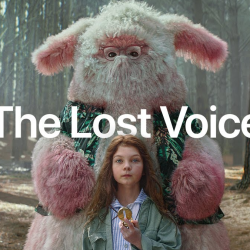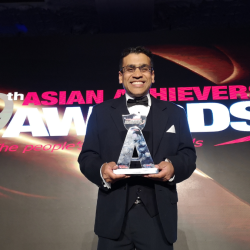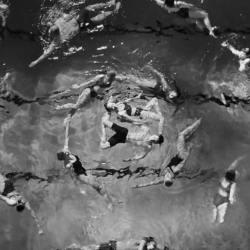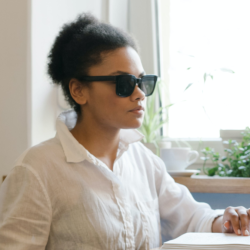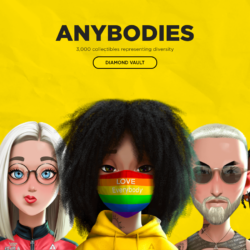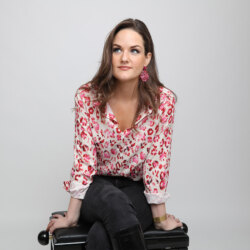From childhood development to adult stress relief, fun should be a universal human experience that transcends age, culture, and ability. But too often, people with disabilities are excluded from experiencing the joy of playing with a toy that represents you, the thrill of effortlessly navigating a video game, or the simple pleasure of seeing yourself authentically portrayed in media. It’s estimated that 73% of consumers are touched by disability, but despite signs of progress, the representation of disability in product design, media, and advertising remains inadequate.
Data from the Valuable 500’s whitepaper on disability representation suggests that a staggering 84% of 1000 surveyed individuals don’t feel frequently or appropriately represented in advertising and product design, while 98% believe their experiences aren’t consistently and accurately depicted in media and marketing.
These numbers paint a stark picture of an audience yearning to be seen, heard, and accurately portrayed. And with play and entertainment so deeply woven into the fabric of our social and consumer landscape, they point to a significant gap in what society considers ‘fun for all.’ The case for change is strong, but what does doing things differently look like in practice?
Microsoft: gaming without barriers
In the world of gaming, Microsoft has revolutionised accessibility with the Xbox Adaptive Controller. This product upends the very notion of what a gaming controller should be, transforming it from a rigid, one-size-fits-all device into a flexible hub of endless possibilities for gamers with limited mobility. Challenging traditional product development cycles where user input often comes as an afterthought, Microsoft involved gamers with disabilities in the development process from concept to final product.
Collaborating closely with organisations like The AbleGamers and The Cerebral Palsy Foundation, Microsoft has ensured that the controller meets real needs rather than presumed ones, celebrating the diverse gaming community it serves.
Building on the success of the Xbox Adaptive Controller, the Designed for Xbox team unveiled the Proteus Controller, developed in collaboration with ByoWave, in May. This modular adaptive kit allows disabled gamers to customise their gaming experience with over 100 million configurations.
These innovations aren’t just accessories; they’re declarations that gaming should be for everyone.
Mattel: celebrating diversity through play
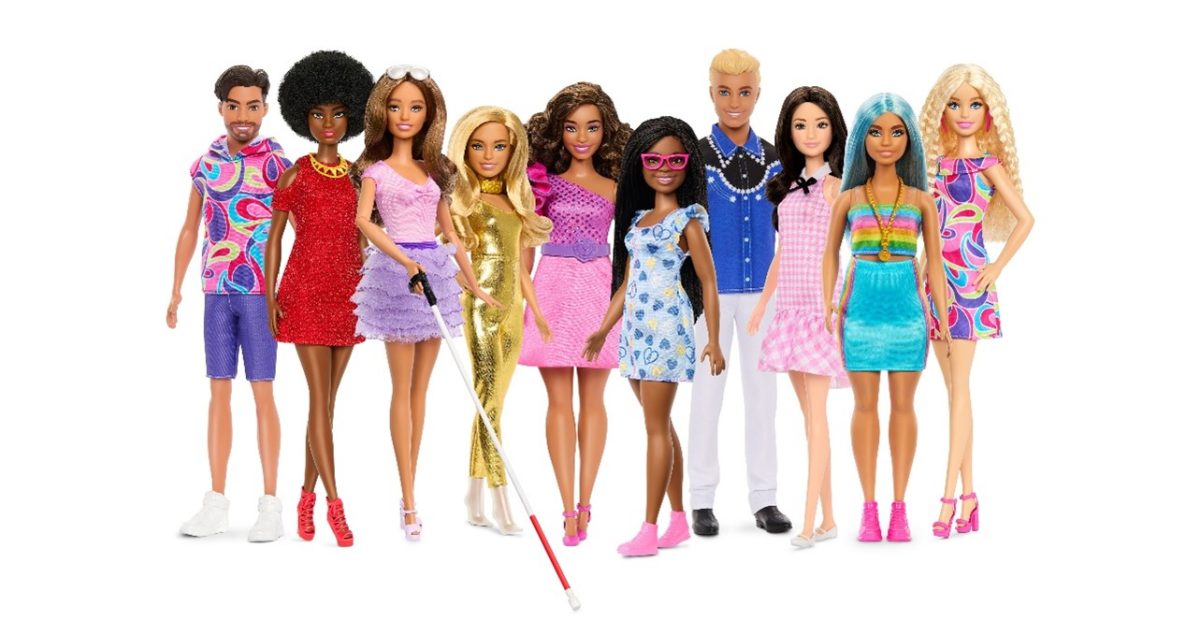
Mattel’s Barbie brand is proving that inclusive design can revolutionise even the most iconic toys. Their 2024 Fashionistas lineup includes a blind Barbie doll and a Black Barbie doll with Down syndrome. Barbie partnered with the National Down Syndrome Society (NDSS) and the American Foundation for the Blind (AFB) to ensure that the dolls and their accessories are accurate and respectful representations that can empower, educate, and promote inclusivity from an early age. These new dolls join Mattel’s expanding range of inclusive Barbies, which already includes dolls with prosthetic limbs, wheelchair users, and a deaf Barbie. Mattel’s commitment to inclusivity extends beyond the Barbie brand. Their American Girl line represents diverse health needs, offering accessories like wheelchairs, assistance dogs, diabetes care kits, and asthma equipment. By representing various health conditions and abilities across their lines, Mattel is setting a new standard for disability representation in toys.
Sony: inclusive tech for all
Sony’s mission to ‘fill the world with emotion, through the power of creativity and technology’ is taking on new meaning through their groundbreaking inclusive design initiatives. Sony’s commitment to accessibility spans across their product range. BRAVIA TVs now feature enhanced audio descriptions and voice guidance, making content more accessible to visually impaired users.
In the realm of photography, Sony’s HX99 RNV Retina Projection Camera kit opens up image capture to those with visual impairments. Sony has also expanded into Self-Fitting over-the-counter Hearing Aids to enhance audio experiences for diverse users.
By infusing inclusive design principles and collaborating directly with users who have disabilities throughout their product development process, Sony is expanding the possibilities for everyone to experience the emotion, excitement, and fun that technology and entertainment can provide. By 2025, Sony aims to integrate accessibility across their entire product range, an approach that promises to not only open up new markets but also build a more disability-positive industry and society.
When everyone plays, everyone wins
Forward-thinking brands are revolutionising fun for people with disabilities by actively involving disabled communities from the very start of the design process. This ensures that authentic representation comes not just from good intentions, but from genuine engagement and partnership. Truly universal design also requires rethinking entire product lines and entertainment ecosystems, not just creating specialised accessories or one-off inclusive products. The impact of this approach extends far beyond immediate users: inclusive toys, games, and entertainment help build empathy and understanding from an early age, helping children and adults alike see diversity as a normal, celebrated part of play and leisure.
Ultimately, inclusive design isn’t just about ticking boxes or making minor adjustments — it’s about reimagining how we approach play and entertainment. Companies that recognise this and act decisively will lead the way in creating a world where fun truly is for everyone. The time for this change is now, and the possibilities are as limitless as our imaginations.
Featured image: Саша Круглая / Pexels


























